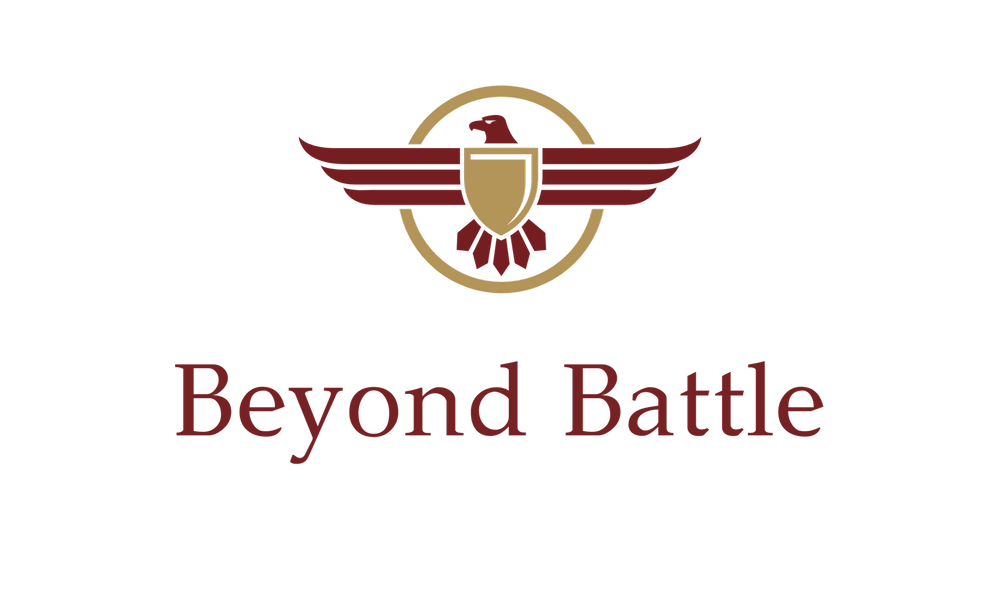WHAT ADVICE WOULD YOU GIVE TO A PERSON CONSIDERING JOINING THE MILITARY?
If they’re enlisted, don’t go without a veteran, or someone that’s currently serving to the recruiting station. And the reason is kids are so young, and they get kind of excited- and that’s nothing against recruiters they have to meet their quotas, and there’s certain things they have to push, and they get pressured to do- but that’s not really where it gets sticky. Where it gets sticky is when a guy whose excited and it takes a while to actually go through the process and enlist, and people will get antsy. And they’ll say “screw it, I want to go now” and they’ll just go. But they may not be making the best decision for them. It’s just like anything else. If you’re not going to do something that hands-down you really want to do, you’re going to have a bad experience. At best, you’re not going to have as good of an experience as you wanted. And you might say, I really wanted to be Military Police, and then you end up going engineer- and you may go over the moon for engineer- that does happen.
But the other thing I would say to your officer or enlisted if they were going to join is, if you want to serve- then go serve. Nobody else should be able to influence you. Don’t let someone else cloud your judgement and your dedication. I’ve seen a lot of people who forgo service, and turn 32, and their like” I should have joined, I should have joined” and they’re filled with all this regret, because their high school girlfriend or their mom told them not to join the army. If you want to go serve- go serve. You’re a big boy. Be an adult.
Officer wise- that’s kind of difficult, because you don’t really get to see it. Because you spend so much time in school. And I really want people to understand what it means to be an officer, and what you actually do. The common thought is “oh you’re an infantry guy, you’re going to be kicking down doors, you’re going to be going on missions and doing all the cool stuff”. No. Your deadliest weapon is your radio. You’re not a door kicker; you’re an organizer and a planner. “ Don’t get me wrong, you still go on missions but it’s definitely not what a lot of us thought in ROTC land.
But in the end it’s really getting to know one- why they want to serve. And then two- give them realistic expectations, and really let them know what it’s like. Because they could really have this great, glorious, imaginative, fantasy land of how all this stuff is so fantastic- when the reality is much different.
But there’s the good with the bad. The one thing that whether your officer or enlisted, or whatever service you’re in, is the bond you will have with those people you served with, and then once you get out, the veteran community… I mean a veteran is a veteran. You make that bond instantly. You just click with them faster. And it’s something that I think everyone should experience, because if you don’t you’re just missing out on this untapped family.
I mean I think a lot differently than a lot of people do. And I’ve had some really good mentors in the military I’ve had some fantastic ones outside of the military now. But all of the fantastic ones that I’ve had- have all been veterans. And it started with Karl Monger to be honest. There are things that he’s said, and people he’s gotten me in contact with that have made a huge impact. The whole premise of GallantFew is to connect veterans with veterans, so as a community you can see “Hey, I’ve been through the same crap that you’ve been through- and I’m successful now.” And it’s been fantastic. And civilians don’t think like that, they don’t reach out. I’ve worked for three different companies now, and they don’t- nobody looks to grow somebody else. They just don’t. And in the military this is ingrained in you. To build your own to add value to the organization, and help make someone else better. You really want to see other people succeed, and it’s your job, as it should be. You just don’t get that outside the military- at least that’s the way it’s been with the companies I’ve been with.
